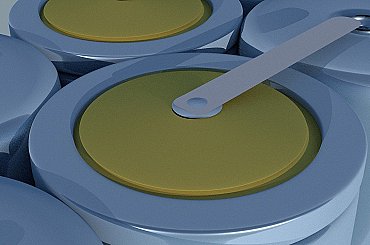US Researchers Are Developing An EV Battery Without ‘Forever Chemicals’
The global demand for lithium-ion batteries is forecast to increase from 700 gigawatt-hours in 2022 to a whopping 4.7 terawatt-hours by 2030, according to Mckinsey & Company. That’s because battery usage is not just growing in electric vehicles, but also in electrical appliances, drones, grid-level energy storage and dozens of other applications. But their dirty secret of using harmful chemicals hasn’t been addressed yet.

You are not logged in
If you want to read more, join the ENERGY-HUB club
LoginTry the monthly membership in the ENERGY-HUB club for free!
Related articles
Darlington SMR contract awarded to Candu Energy
Ontario Power Generation has awarded AtkinsRéalis company Candu Energy Inc a CAD450 million (USD325 million) execution contract fo…
Grenergy to invest €3.5 billion in BESS, solar-plus-storage by 2027
Spanish independent power producer (IPP) Grenergy has planned to invest €3.5 billion (US$3.9 billion) to increase its energy stora…
Energy storage IPPs reveal impacts of tariffs and tax credit uncertainty: Stockpiles, strategy shifts and price increases
Matthew Biss looks at how energy storage companies are planning and mitigating tariff and tax credit risks within an uncertain pol…
Anti-solar bills die in Texas House
Legislation that would “kill renewable energy in Texas” failed to progress in the state’s House of Representatives. Three “anti-so…
Solar to power Denmark’s largest energy community
Denmark’s largest energy community is now under construction, featuring more than 30,000 sqm of solar rooftops with a total capaci…
ENERGY-HUB is a modern independent platformsharing news and analytic articles from the energy sector on a daily basis. Within our portfolio we monitor czech, slovak and foreign press releases.



